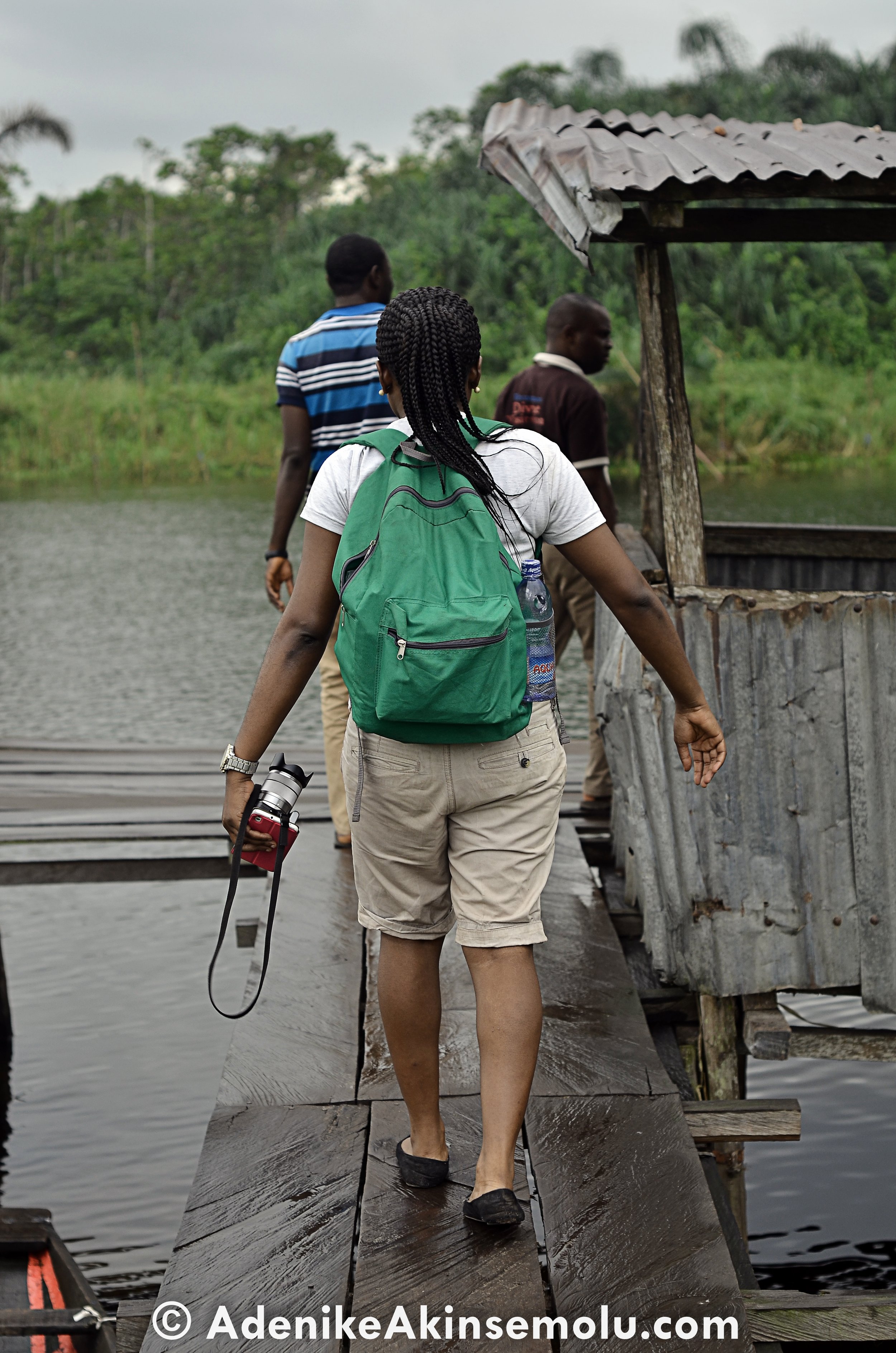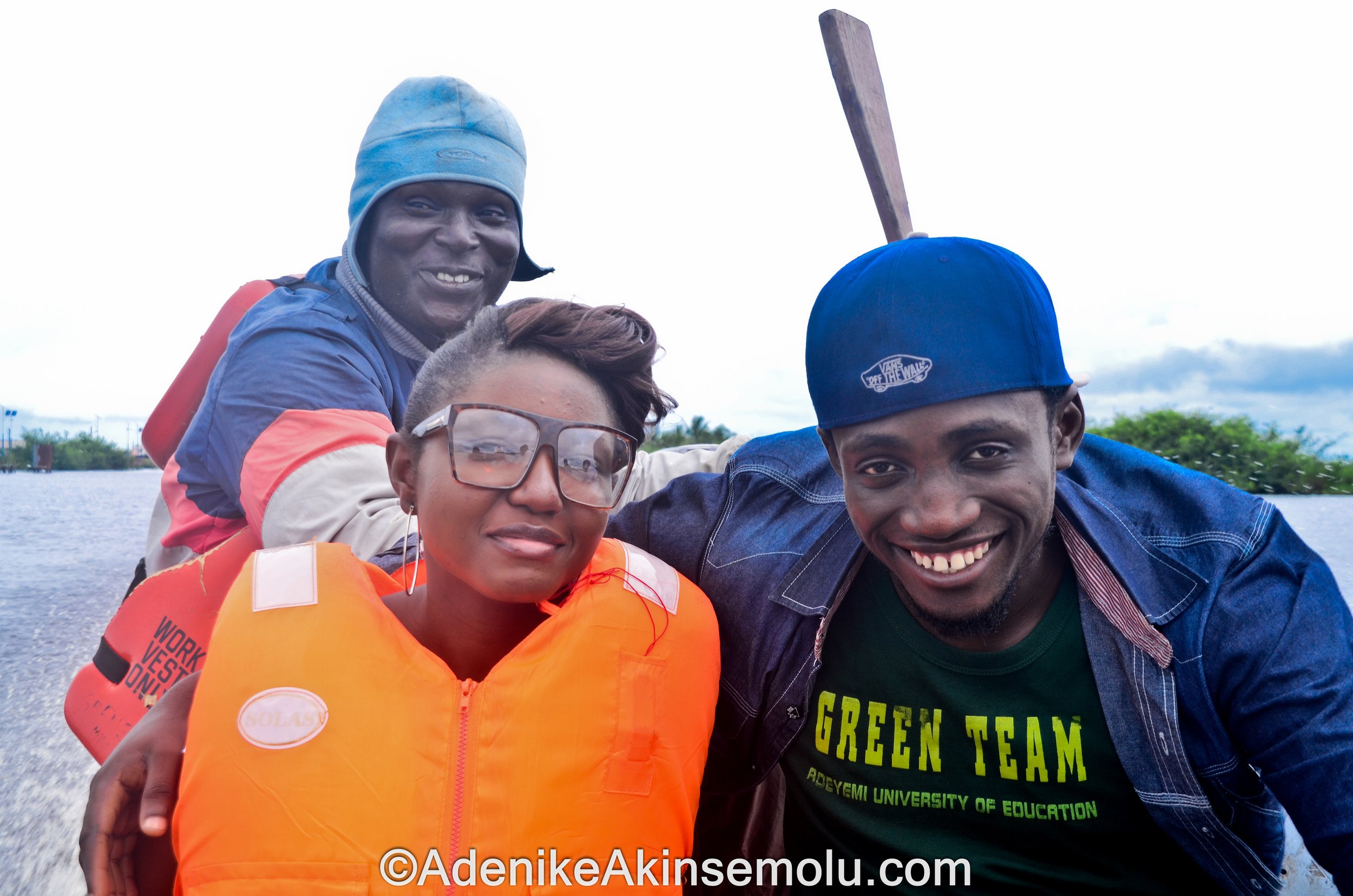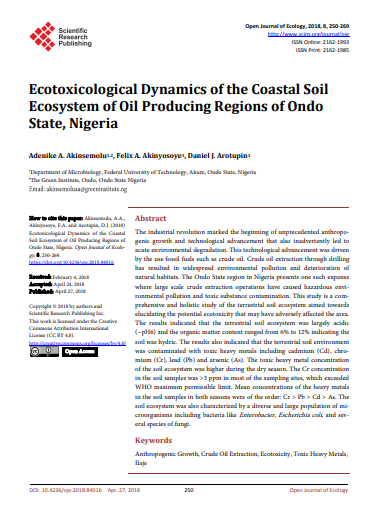BACKGROUND
Climate change poses significant challenges to coastal communities worldwide, and Aiyetoro, located in Southwest Nigeria, is no exception. This study aims to evaluate the specific impacts of climate change on coastal women in Aiyetoro, focusing on their socio-economic well-being, health, and livelihoods. By examining the adaptation strategies employed by these women, the research seeks to understand how they cope with the evolving environmental conditions.
To gain a comprehensive understanding, a mixed-methods approach, incorporating qualitative and quantitative data collection techniques, will be employed. The study will gather data from various sources, using appropriate statistical tools to analyze and quantify the extent and nature of climate change's effects on coastal women in Aiyetoro.
The findings of this study will be of immense importance in informing policy and decision-making processes for policymakers, NGOs, and other organizations. It will play a vital role in developing effective adaptation and mitigation strategies to address climate change impacts on coastal communities. Additionally, the study will contribute to the existing knowledge on the unique challenges faced by women in coastal regions, providing valuable insights for similar communities grappling with climate-induced changes. Ultimately, the research aims to promote resilience and sustainable development in Aiyetoro and beyond, ensuring the well-being and livelihoods of coastal women are safeguarded in the face of climate change.
SOLUTION
Vulnerability Assessment: Conduct a comprehensive vulnerability assessment to identify the specific climate change impacts affecting coastal women in Aiyetoro. This assessment will involve analyzing historical climate data, local environmental changes, and socio-economic factors to understand the extent of their vulnerability.
Socio-Economic and Health Surveys: Conduct surveys and interviews with coastal women to gather qualitative data on the socio-economic impacts of climate change on their livelihoods, health, and overall well-being. Understand their experiences, challenges, and coping mechanisms in the face of changing environmental conditions.
Livelihood Diversification: Promote livelihood diversification strategies among coastal women to reduce dependency on climate-sensitive activities. Support the development of alternative income-generating opportunities, such as eco-tourism, small-scale businesses, or sustainable agriculture.
Climate-Resilient Infrastructure: Work with local authorities and communities to develop climate-resilient infrastructure and housing. Implement measures like early warning systems, flood barriers, and climate-adaptive housing to protect coastal women and their communities from extreme weather events.
Capacity Building and Education: Organize workshops, training sessions, and educational programs to enhance the climate resilience of coastal women. Provide them with knowledge and skills on climate change adaptation and disaster preparedness.
Access to Healthcare: Improve access to healthcare services, especially for women in coastal areas. Strengthen healthcare facilities and services to address potential health challenges arising from climate change impacts, such as waterborne diseases and vector-borne illnesses.
Empowering Women's Leadership: Promote women's participation and leadership in climate change adaptation and mitigation initiatives. Empower them to take an active role in decision-making processes, enabling their voices to be heard in the development of policies and strategies.
Knowledge Sharing and Awareness: Create awareness campaigns to educate coastal women and the wider community about climate change impacts and sustainable practices. Foster knowledge sharing and exchange of best practices to build collective resilience.
Partnership and Collaboration: Collaborate with local governments, NGOs, academic institutions, and other stakeholders to foster a holistic and integrated approach to address climate change impacts. Pool resources, expertise, and efforts to achieve meaningful and lasting results.
Long-Term Monitoring and Evaluation: Establish a long-term monitoring and evaluation mechanism to track the effectiveness of implemented solutions and adapt strategies as needed. Regularly assess the progress made in building resilience and well-being among coastal women.
FUNDER
Tertiary Education Trust Fund (TETFUND) is a crucial funding partner for the project assessing the impacts of climate change on coastal women in Aiyetoro, Southwest Nigeria. TETFUND is a government agency in Nigeria that provides financial support to enhance the quality of education and research in tertiary institutions across the country. As a major funder, TETFUND plays a vital role in enabling the research team to carry out comprehensive studies, conduct surveys, and analyze data to better understand the challenges faced by coastal women due to climate change. Their support ensures the project's success in developing sustainable solutions and informing policymakers on effective strategies to address climate change impacts in coastal communities.




































